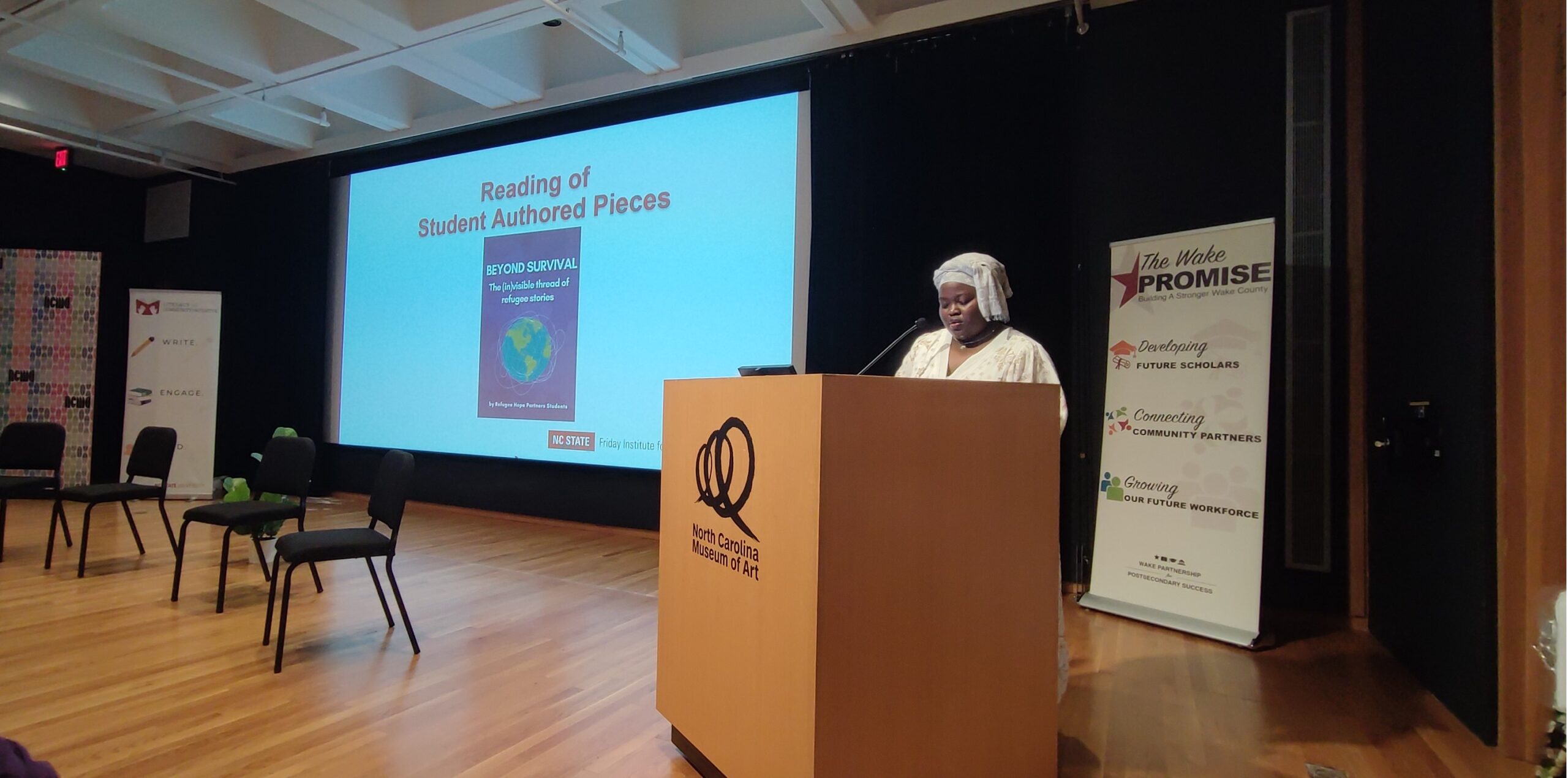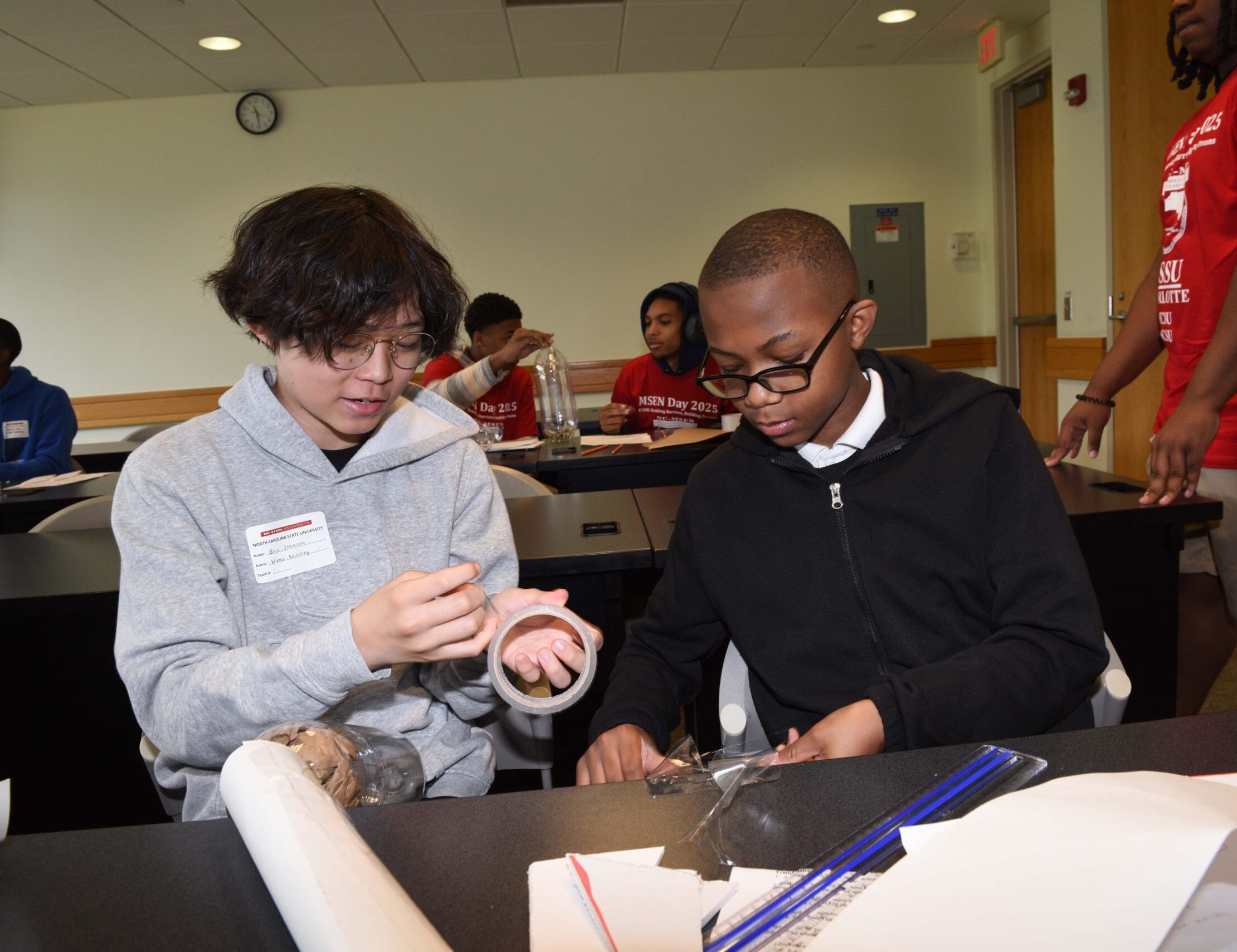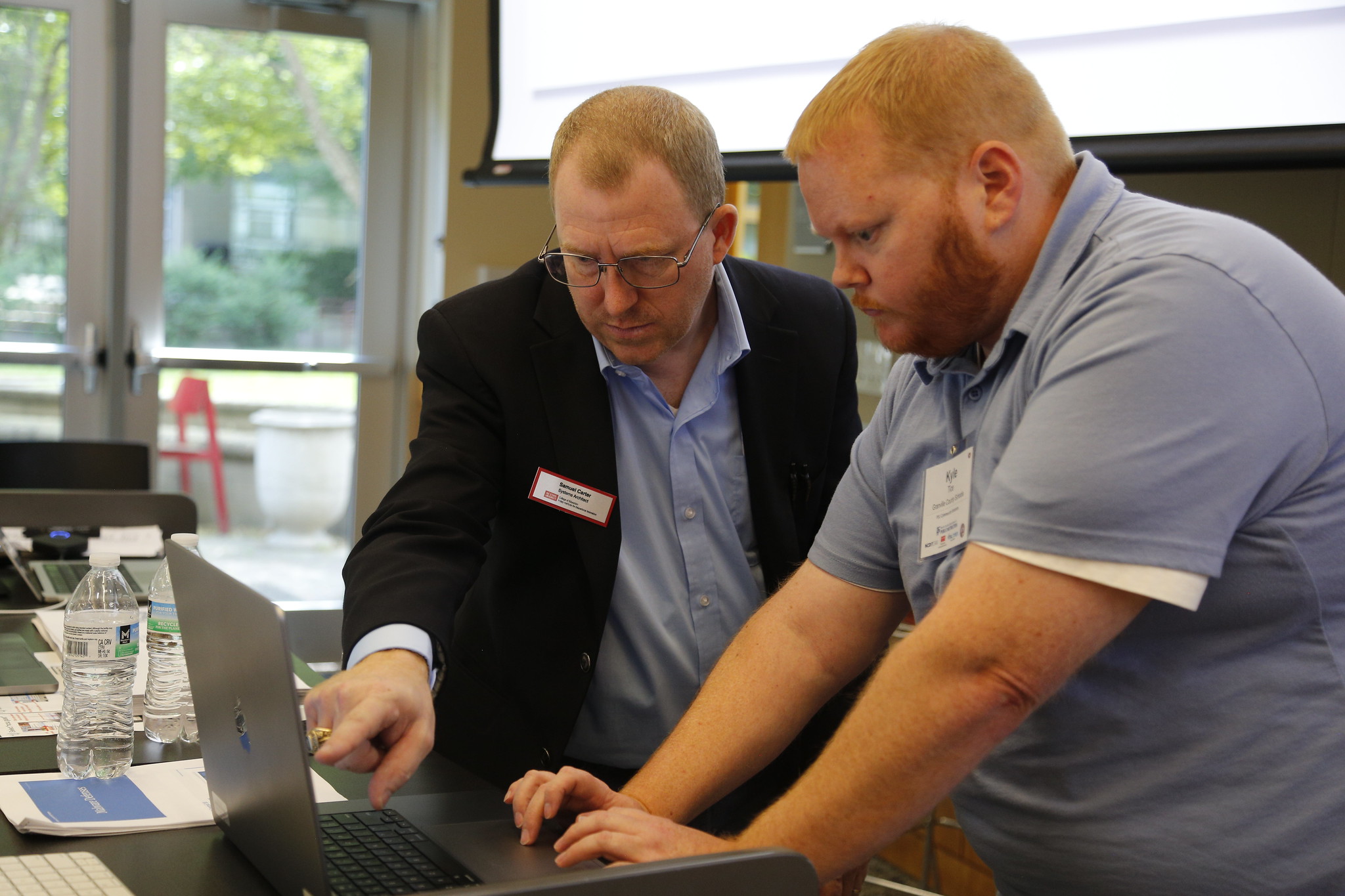Friday Institute Senior Director Ray Zeisz Presents School Connectivity Report to North Carolina State Board of Education
During the North Carolina State Board of Education meeting Jan. 4, Ray Zeisz, Senior Director of the Technology Infrastructure Lab (TIL) at the Friday Institute for Educational Innovation, co-presented updates on the North Carolina School Connectivity Initiative (SCI) with Vanessa Wrenn, chief information officer for digital learning and technology services at the North Carolina Department of Public Instruction (NCDPI). Their presentation highlighted SCI’s program performance and recommendations detailed in their report to the North Carolina General Assembly titled “School Connectivity Initiative Legislative Update (2021-2022).”
The SCI gives sufficient and reliable internet access to every public school classroom across North Carolina. Through the SCI, NCDPI also provides all public school units (PSUs) with cooperative purchasing agreements, training, support, network engineering, content filtering, identity management and firewall services. North Carolina has been building this program for almost two decades and remains one of the top users of federal E-rate funding due to the recurring school connectivity funds, where every dollar in state funding netted $3.44 in total value this past year.
“The School Connectivity Initiative continues to be one of the most powerful programs to ensure high-quality access to broadband connectivity and protections for every classroom across North Carolina, no matter the rurality or economic landscape at a specific school,” said Wrenn. “Due to state legislated funding, this program, like no other, has sustained equity of access in providing broadband connectivity, firewall service and student content filtering. The regional support model has a direct impact on the success of the School Connectivity program.”
The SCI Update report details the significant accomplishments in school connectivity achieved over the state fiscal years 2021 and 2022. During those years, NCDPI has begun migration of hundreds of PSUs to a more modern firewall infrastructure, built and deployed a Wi-Fi speed test tool for all PSUs and developed a modernization plan for identity and access management.
The Friday Institute’s TIL team has analyzed school connectivity data and shared their most significant findings in the SCI Update report. First, the report highlights that no bias was found in the way the SCI program provides internet access to the PSUs. Regardless of wealth level or rurality, each school is provided ample bandwidth to meet their educational needs.

Also, the report shows the relationship between district size and peak utilization, displaying that the larger the local education agency (LEA), the lower the peak utilization. The districts with the highest per-student use were rural. According to the report, larger districts have more staggered school schedules and more variety of activities that may not require internet usage at the same time. Students at rural schools may rely on school internet connection more than their urban counterparts because they are less likely to have internet access at home.

“Building upon over a decade of work, it is clear that North Carolina has worked hard to maximize the use of E-rate and provide every student, no matter where they live in the state, with high-quality internet access in their classrooms,” said Zeisz.
Moving forward, the SCI team recommended that the legislature maintain SCI funding as non-reversion funds due to the multiple fiscal years that the E-rate cycle encompasses. They also recommended planning now, through various partnerships, to “prepare for the funding deficit for student devices once pandemic monies are no longer available.”
- Categories:


